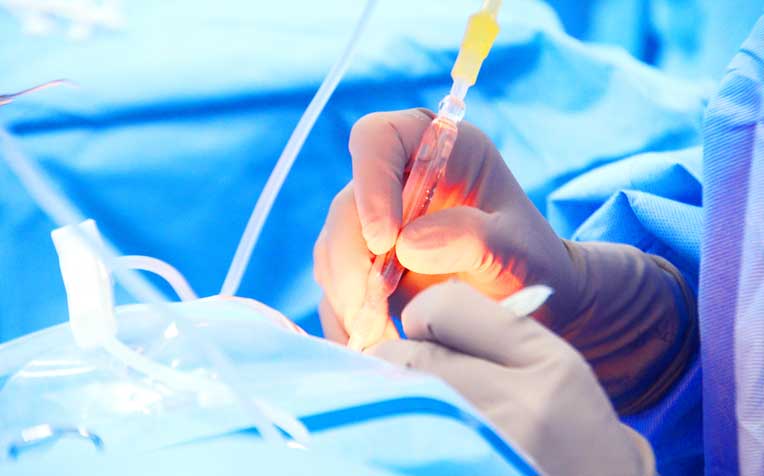
Corneal transplants are expected to grow with an ageing population.
Having already undergone two corneal transplant operations in his left eye over the last 10 years, Mr Chok was more than a little apprehensive about going through another one in his right eye.
"Previously, I needed 20 stitches and took six months to recover," said the 59-year-old who is semi-retired.
But he needn’t have worried. With an improved corneal transplant procedure offered at the Singapore National Eye Centre (SNEC), a member of the SingHealth group, he suffered only a few days of blurry vision. "By the fourth day, I could see well enough to go out by myself," he said. There is also minimal need for sutures, and in some cases, no stitches at all.
The cornea is the transparent, protective outer layer of the eye, and a transplant is the treatment of choice to restore vision in patients whose corneas have become cloudy from ageing or disease.
The cornea transplant procedure, which is known as Descemet Membrane Endothelial Keratoplasty (DMEK), is a minimally invasive corneal transplantation. It involves transplanting a delicate sheet of corneal cells 1/100 mm thick, which is 10 times thinner than what was required in a previous commonly used corneal transplant procedure at SNEC.
Patient's original cornea is left mostly intact
With DMEK, the patient’s original cornea is left mostly intact, so it’s not immediately apparent that he’s had a transplant. It may also be possible for the patient to attain 100 per cent vision within a few weeks of surgery.
Professor Marcus Ang, Head & Senior Consultant, Corneal & External Eye Disease Department, SNEC, said, "The future will be DMEK. We have a chance for a transplant that provides for 20/20 vision and a rejection risk that is one per cent or less."
This new, sutureless technique was invented in Europe and first performed in Asia by SNEC in September 2010. Since then, SNEC has performed over 300 of such corneal transplant procedures which cost between $1,500 and $1,700 each, after subsidies at SNEC. Private patients pay up to $5,900.
The potential benefits of DMEK over previous techniques, is the faster visual recovery, better visual outcomes and reduced risk of rejection. However, the surgery can be technically challenging. As the donor membrane with corneal cells that is transplanted is ultra-thin and delicate, it tends to wrinkle into a tight roll when touched, potentially damaging the corneal cells when surgeons try to uncoil it.
To get around the problem, Professor Jod Mehta, Senior Consultant, Corneal & External Eye Disease Department and his team at the Singapore Eye Research Institute (SERI) developed a method using a new surgical insertion device to provide surgeons with more donor control during DMEK surgery.
SNEC has performed close to 3,000 cornea transplants over the last 10 years of which 380 were carried out using the minimally invasive method. With the ageing population, this number is expected to grow.
Ref: H24














